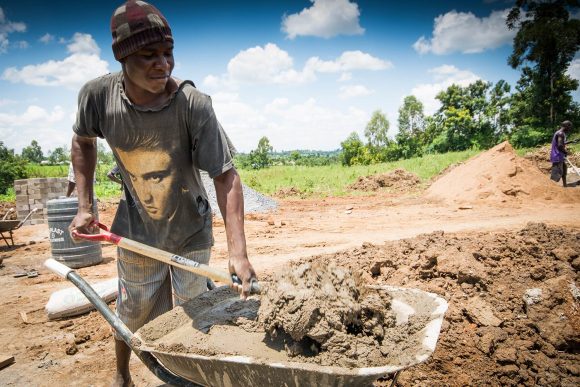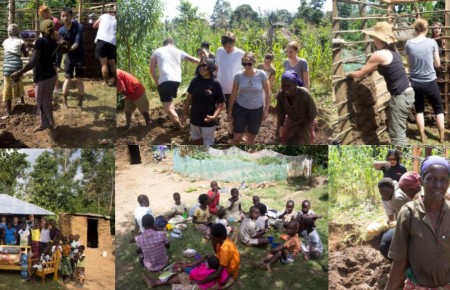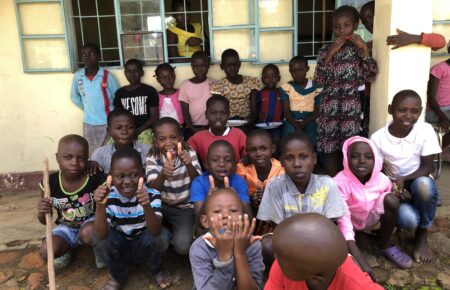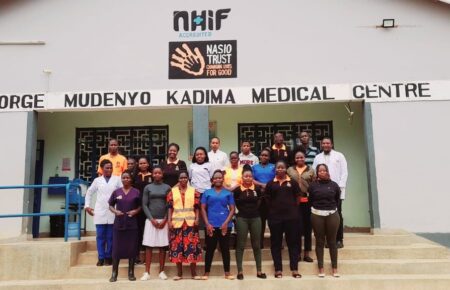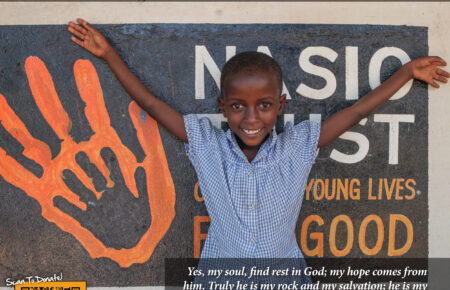10 Essential Considerations Before You Book A Volunteering Trip
June 2017
At the Nasio Trust, we believe passionately that volunteering can make a difference to the lives of people in desperate need, however with so many “voluntourism” options available, how do you know you’re choosing the right one?
We don’t have all the answers – but here are 10 essential considerations you should have front-of-mind before you make your choice.
- Balance what you want to get against the real needs of your chosen cause
Volunteering can be a life changing experience that allows incredible cultural insight. However it’s necessary to ensure that volunteering addresses real needs and is done through a responsible organisation. - Make sure you are needed
A community should agree to the need for volunteers and should define project aims in accord with their real-life needs. - Teachers should be aware…
Teaching volunteering is perhaps the most popular form of “voluntourism”, but risks displacing local teachers and can be an ineffective means of education due to language barriers. Responsible programmes should use volunteers as assistants to local teachers, aiming to work with and empower them. - Beware of creating a culture of reliance
A reliance on aid can be dangerous. UNICEF 2011 research highlights increasing numbers of orphanages in Cambodia, despite decreasing numbers of orphans. Poor parents are sending their children to orphanages in the hope they will have more prosperous lives there, but research shows it is typically more beneficial for children to remain with their community/ family. Be sure that your chosen operator is working to break the cycle of poverty that is the root cause of the need for volunteers. - Ensure building projects are viable
Building projects that leave a tangible legacy can change lives. But there are documented examples where schools have been built in areas that do not have sufficient teachers to staff them. Make sure the operators you support have genuine local knowledge and have done the background work. Keep an eye out for notable involvement of the local community too. Responsible operators will always seek to retain as many local people as possible. - Medical volunteers should work to transfer knowledge & skills
Healthcare volunteering can be particularly beneficial. The skills and expertise necessary to tackle health issues are often in scarce supply in the developing world. It is important that volunteering health workers go with the mind-set of improving local provision and passing on their skills, to avoid creating dependency. - Are you really skilled enough to assist on a project?
A good question to ask – would you perform the role on your volunteering project in your own country? This helps to clarify whether you will actually be able to deliver a meaningful service. Contact us for advice at any time. - Follow the money
Volunteers should always be aware of how much money actually goes to helping people, and seek out projects where more money reaches the people who need it. Seek out transparency in financial matters. Remember all charities must publish their finances publicly every financial year. - Will you be properly supported during your trip?
Responsible volunteering organisations should provide you with clear information and training for what you will be doing. Ideally some teaching of local languages will take place. Volunteers should also aim to research the culture of the area they will be working in – respect for cultural values will aid integration and help projects make a positive. Prior understanding of development issues will also prevent a superficial view of poverty being taken away from the experience. - What’s the long term plan?
Ideally organisations should have in place plans for sustainability when volunteers leave.
The best charities will always be seeking to make the aid they provide redundant in the areas they work by creating sustainable income streams, and renewable resources.
For more information about volunteering opportunities with the Nasio Trust, visit our volunteering website.
Compiled from content kindly provided by Oxford University interns:
Alexander Bridge
Ludi Wang
Maya Tikly-Young
Annalise Halsall
Joseph MacConnell
Ella Duffy
Emma Carter
Marta Grabowska
This story is listed in: About Nasio, Volunteer Stories
